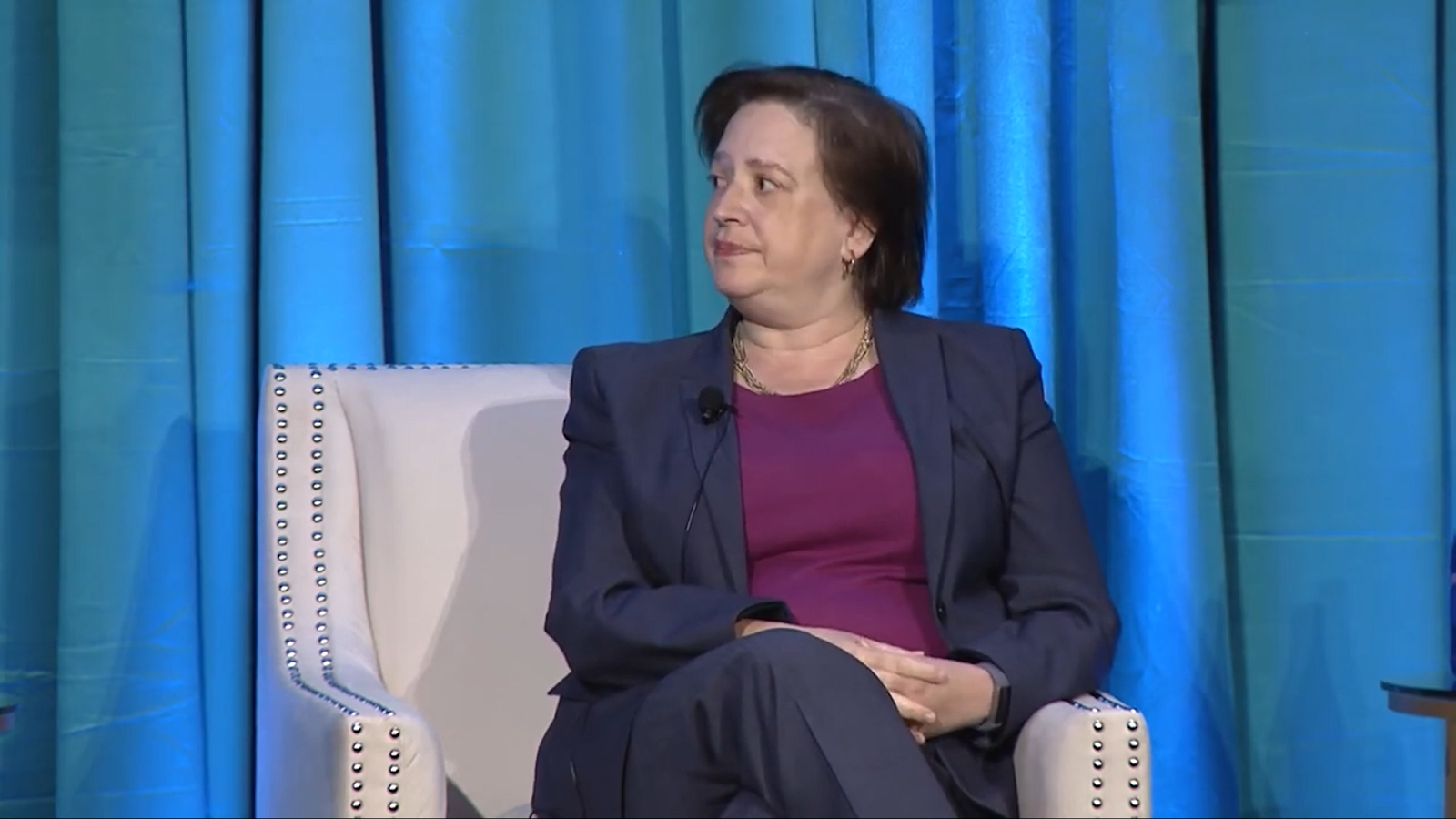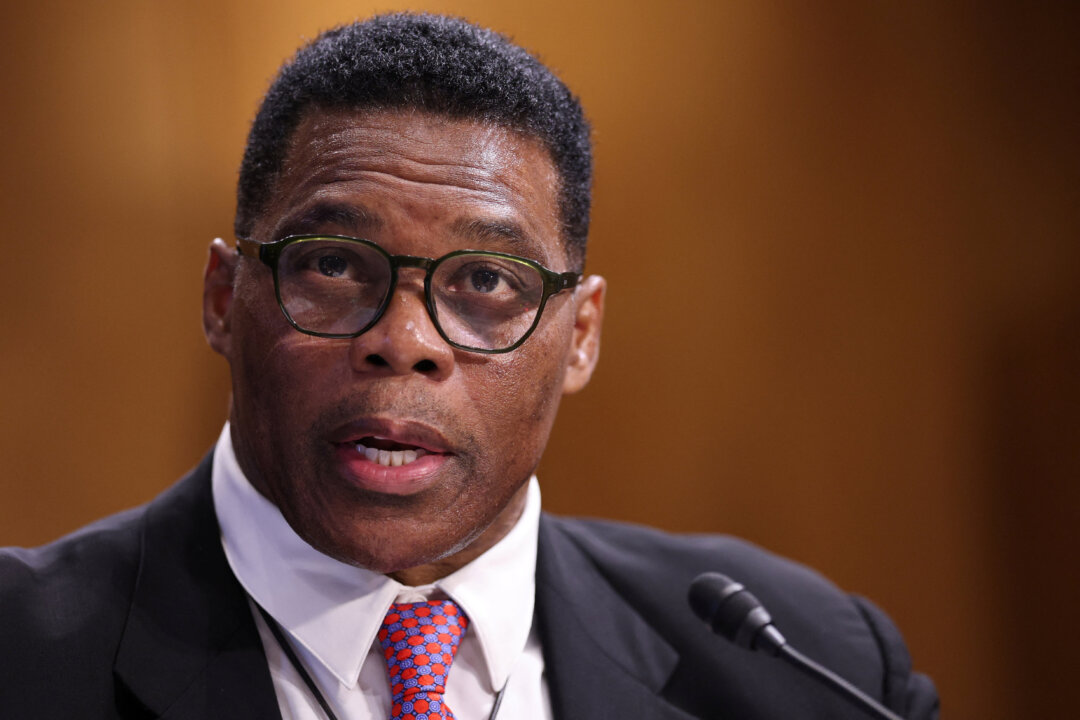A federal judge has temporarily blocked key parts of Texas’ new law limiting expression on campuses after dark, preventing the University of Texas System from enforcing a ban on overnight expression as well as restrictions on inviting outside speakers and using amplified sounds during the last two weeks of a semester.
U.S. District Judge David A. Ezra said on Tuesday that the student groups who brought the lawsuit are likely to succeed in their claims that the law violates their First Amendment rights to free speech.
"The First Amendment does not have a bedtime of 10:00 p.m.," the court held. "The burden is on the government to prove that its actions are narrowly tailored to achieve a compelling governmental interest. It has not done so."
The judge wrote that the clause lawmakers added to the bill directing universities to uphold the First Amendment "does not change the fact that the statute then requires universities to adopt policies that violate those very constitutional protections."
FEDERAL JUDGE LAUNCHES SCATHING BROADSIDE OF TRUMP'S EFFORTS TO DEPORT PRO-PALESTINIAN PROTESTERS
"The Court cannot trust the universities to enforce their policies in a constitutional way while Plaintiffs are left in a state of uncertainty, chilling their speech for fear that their expressive conduct may violate the law or university policies," Ezra continued.
The Foundation for Individual Rights and Expression (FIRE) filed the lawsuit last month against the University of Texas System to block the legislation, which creates rules for campus protests and gives university systems’ governing boards the authority to limit where they can be held.
FIRE attorneys said that the law violates the First and 14th Amendments because it bans protected speech on campuses from 10 p.m. to 8 a.m.
Tuesday's ruling "is a victory not only for our plaintiffs, but all of those who express themselves on college campuses across Texas," FIRE senior supervising attorney JT Morris said in a statement. "The First Amendment protects their freedom of speech on campus, every hour of the day, every week of the year."
University of Texas System spokesperson Ben Wright said in a statement that the system cannot comment on the lawsuit but that it "complies with the law and court orders."
SB 2972, authored by former GOP state Sen. Brandon Creighton creates new limits on how people can protest on campus and establishes bans on expressive activity during overnight hours.
The law, which took effect Sept. 1, essentially walks back a previous state law passed in 2019 that required all outdoor spaces at state universities be available as open forums for speech.
On top of the overnight speech restrictions, the law bars demonstrators from using microphones or other devices to amplify sound while protesting during class hours or if doing so intimidates others or interferes with campus operations, university employees or peace officers doing their job.
Protesters would also be prohibited from building encampments, removing an institution’s U.S. flag to put up one from another country or organization and wearing coverings to avoid being identified or to intimidate others.
University employees and students participating in a campus protest would also be required to provide proof of their identity and status with the school if a university official inquires.
"Texas’ law is so overbroad that any public university student chatting in the dorms past 10 p.m. would have been in violation," FIRE senior attorney Adam Steinbaugh said. "We’re thankful that the court stepped in and halted a speech ban that inevitably would’ve been weaponized to censor speech that administrators disagreed with."
FEDERAL JUDGE BLOCKS TEXAS PUBLIC SCHOOLS FROM DISPLAYING TEN COMMANDMENTS IN CLASSROOMS
Republican lawmakers pushed for SB 2972 in response to the pro-Palestinian protests held last year on campuses across the country.
Creighton, who resigned from the Texas Senate earlier this month to become Texas Tech University System’s chancellor, claimed that his legislation strengthens free speech protections on college campuses by promoting openness while also protecting students, faculty and campus property from disruption by outside groups.
"The ruling represents only a temporary stay by one judge, and I’m confident the law will ultimately be upheld," Creighton said in a statement.
The Associated Press contributed to this report.
.png)
 3 hours ago
1
3 hours ago
1













 English (US)
English (US)